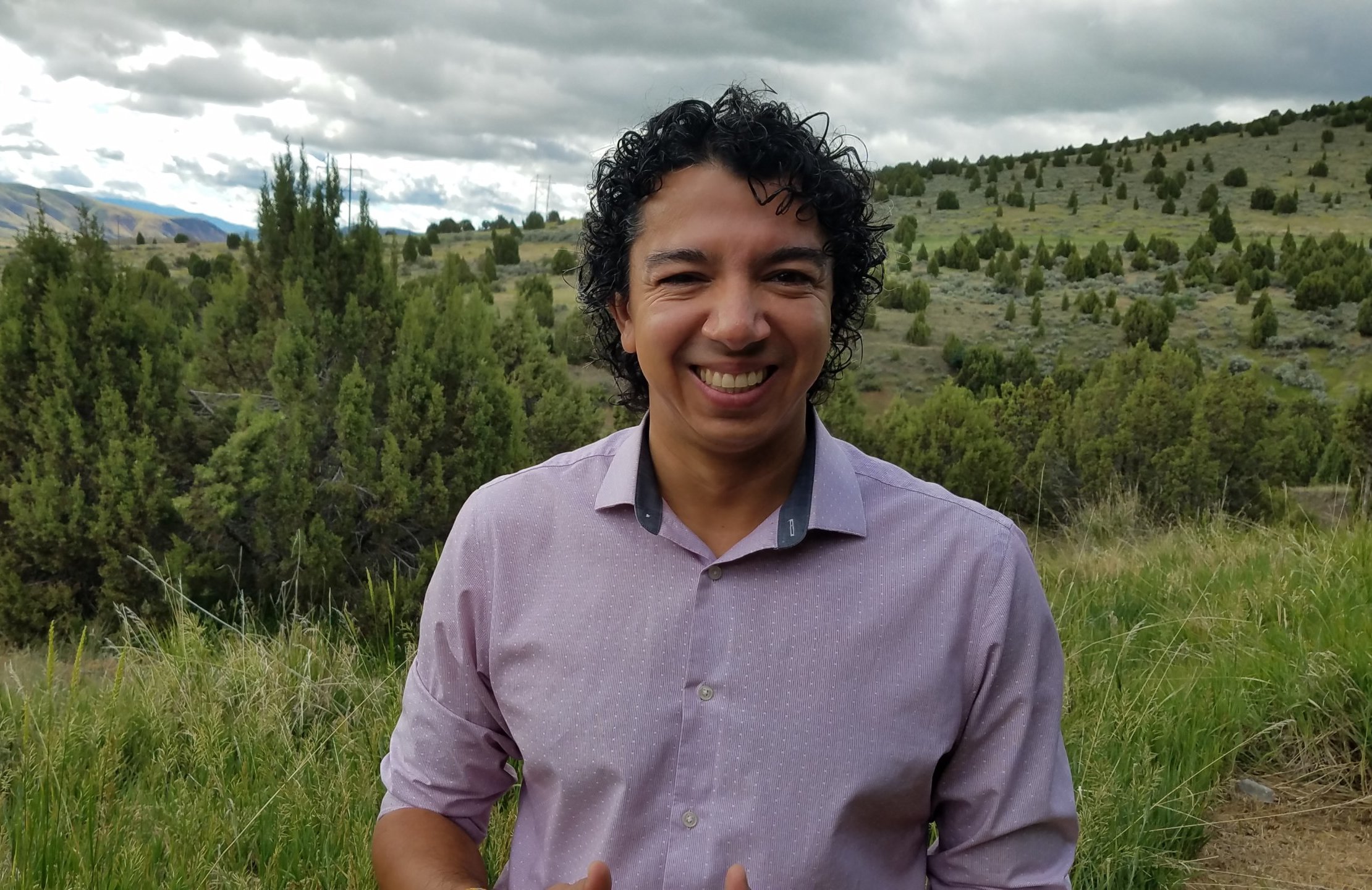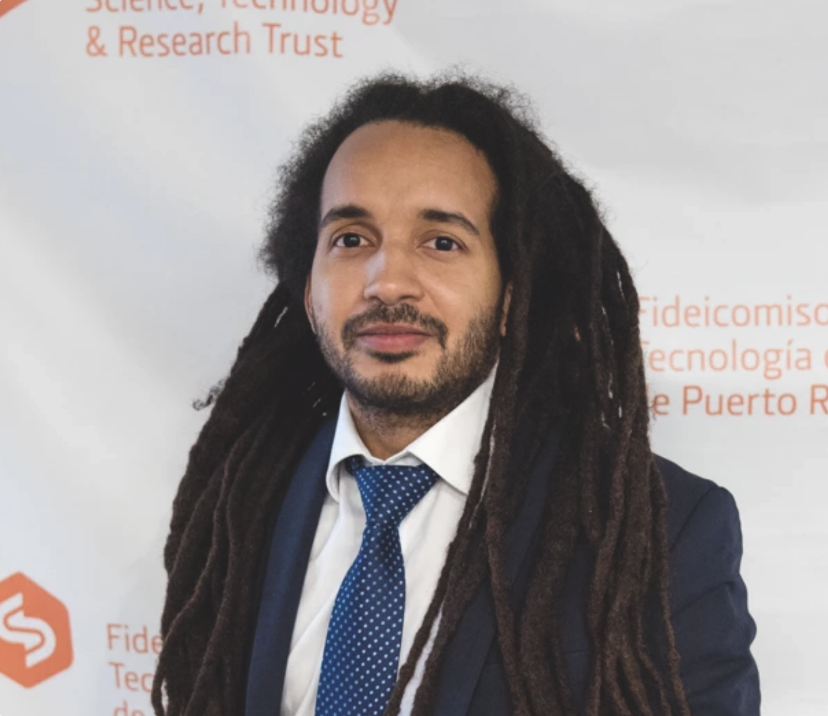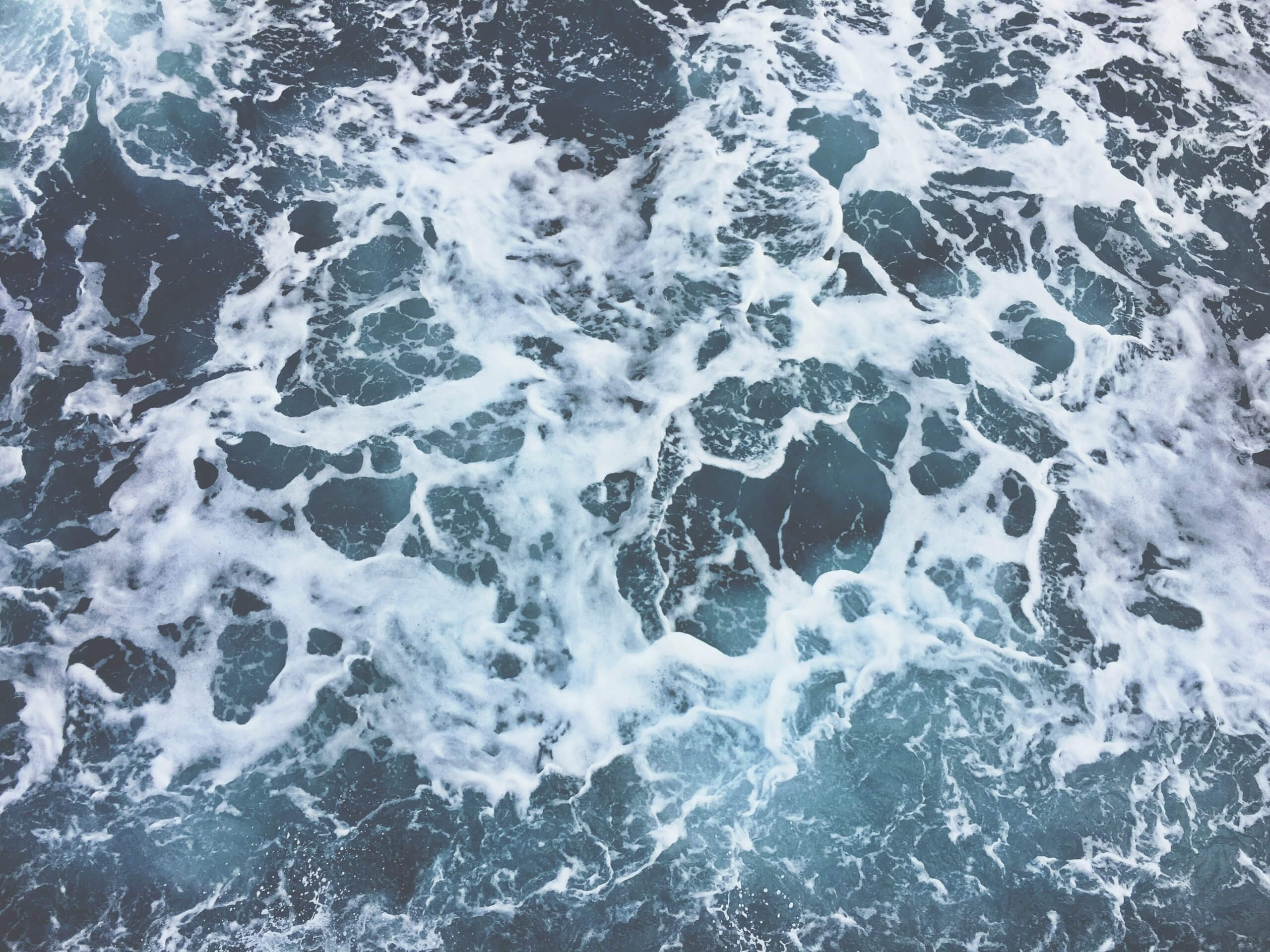Conservation is my tool to ensure that the poorest people around the world can access natural resources for their long term well-being.
Finding Purpose
Reflecting on his youth, Bray’s passion for conservation and climate science makes sense. But it wasn’t until he participated in the 2017 Wilburforce Fellowship in Conservation Science that things truly clicked.
The first half of the Wilburforce Fellowship retreat was focused on conversational competence, emotional intelligence, and purpose. COMPASS staff and facilitators asked all the fellows to come up with one word to describe their purpose.
Bray wasn’t sure anyone else would understand his word and what it meant, but that didn’t matter – what was more important was what it meant to him.
Bray explains, “My word was ‘prism.’ When you put a prism into light, it starts making new connections. I was already connecting people and resources in my work, but I didn’t understand that that was the most important role I was playing.
“In a sense, it was like getting out of my science cocoon and starting to explore what I was meant to do. I was given the space to step back and really analyze why I’m doing what I’m doing.”
As the science director for the Heart of the Rockies Initiative, Bray does more than direct scientific research and uncover new scientific insights to share with others. He also builds bridges and alliances among ranchers, farmers, and community leaders based on shared values. This isn’t easy, and Bray’s ability to bring people together across differences is a critical strength.
Evolving purpose for greater equity
As an immigrant, person of color, and native Spanish speaker working in Pocatello, Idaho on conservation science, Bray defies expectations. The differences between him and others in the Northern Rockies are only a starting place to discuss bigger issues around equity and cultural change.
“Now my focus is on how conservation science can be a tool to address inequities, so that all people, especially the poorest among us, have access to food security, health, and shelter. Part of doing that work is undoing some of the western colonialist mindset that has been taught to me and that I’ve unknowingly perpetuated,” Bray shares, noting that that work has been incredibly uncomfortable and difficult and is still in progress.
“Conservation on private lands, held by people who were settlers, is a colonialist construct. I’m looking for ways to try to understand how to make private land conservation more inclusive. I wouldn’t be able to do this deep personal work without first having done the work with COMPASS.”



